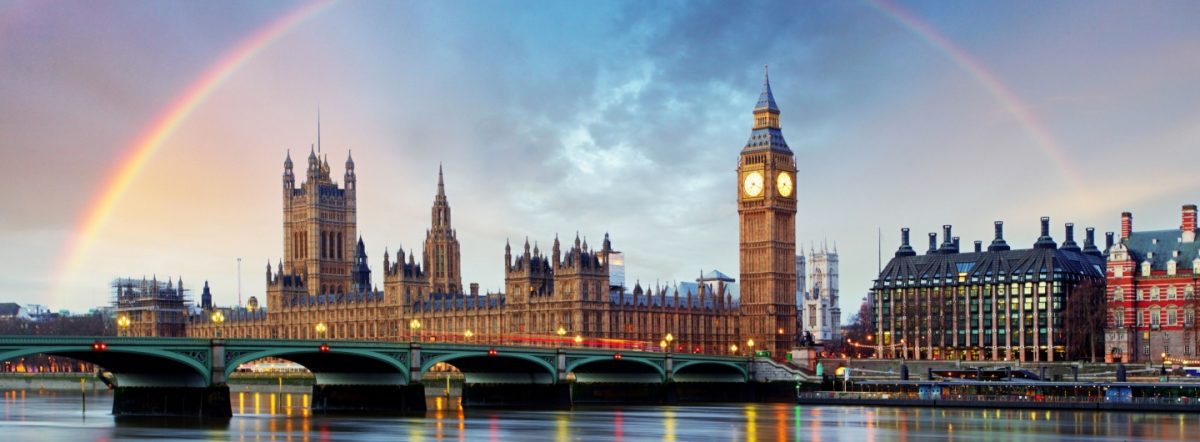MPs on the Energy Security and Net Zero Committee have backed a series of reforms to make the energy system fairer and support households facing a fifth winter of high bills.
In a major report on tackling the energy cost crisis, MPs recommended a permanent energy debt relief scheme funded through energy sector excess profits, automatic support for vulnerable households, a social tariff for energy and reforms to the Warm Home Discount.
The Committee also called for urgent action to fix unfair standing charges, improve data sharing to target support and overhaul Cold Weather Payments to ensure help reaches those who need it when temperatures drop.
Crucially, the Committee echoed the Coalition’s warnings about the growing energy debt crisis and proposed a structured, long-term solution to write off unpayable arrears without passing costs onto billpayers.
It also urged the Government and Ofgem to act quickly to rebuild trust in the energy market, strengthen consumer protections and ensure households are not penalised for reducing gas use as the energy system transitions.
A spokesperson for the End Fuel Poverty Coalition, commented:
“This report should be used to mark a turning point in the fight to end the energy cost crisis. The cross-party group of MPs have recognised what millions of households already know – our energy system has been stacked against people struggling to heat their homes and urgent change is needed.
“We are particularly pleased that MPs have backed the principle of energy debt relief funded through excess profits in the sector, alongside a social tariff, reforms to standing charges and improvements to the Warm Home Discount and Cold Weather Payments. These are landmark recommendations that could protect the most vulnerable.
“As this report makes clear, warm homes must be treated as a public health priority, with fair pricing, modernised winter protections, social tariffs and stronger rights for renters.
“If the Government is serious about implementing change, the Warm Homes Plan announced next month must be the first step. That means a £13.2 billion plan to create warmer and safer homes for those most in need, independent quality checks, skilled green jobs, trusted local advice services and prioritisation of the lowest-income households in the coldest homes.”
In responses to Government consultations, charities and fuel poverty experts have set out the key tests the Government’s forthcoming Warm Homes Plan and Fuel Poverty Strategy must meet. These include:
- Treating warm, safe housing as a public health priority and retain the target to end fuel poverty by 2030
- Adopting a 10% fuel poverty measure (after housing costs)
- Committing to a 10-year national retrofit programme, agreed across parties, backed by skilled jobs, apprenticeships and national standards
- Prioritising the Worst First — low-income households in the coldest, least efficient homes
- Guaranteeing independent retrofit assessment, performance monitoring and consumer protections
- Providing free, trusted local advice services and one-stop-shops for households
- Funding delivery through public spending, not new levies on bills
- Introducing targeted financial support including modernised cold weather payments and social tariffs
- Empowering local authorities with data access and funding to lead street-by-street schemes
- Protecting tenants from “retrovictions” and unfair rent rises
The spokesperson added:
“Warm homes are a basic right. This must be the moment the Government finally commits to a long-term plan to end fuel poverty — not just improve averages or fund short-term schemes.
“We need a decade-long Warm Homes Plan that delivers real-world warmth, safety and affordable bills, backed by independent quality checks, trusted advice and proper protection for tenants and consumers.
“After years of delays and stop-start programmes, it’s time to get on with delivery and ensure support reaches those in deepest need first.”
ENDS
The full report can be read here: https://publications.parliament.uk/pa/cm5901/cmselect/cmesnz/736/report.html
The End Fuel Poverty Coalition’s evidence to the inquiry can be read online.

